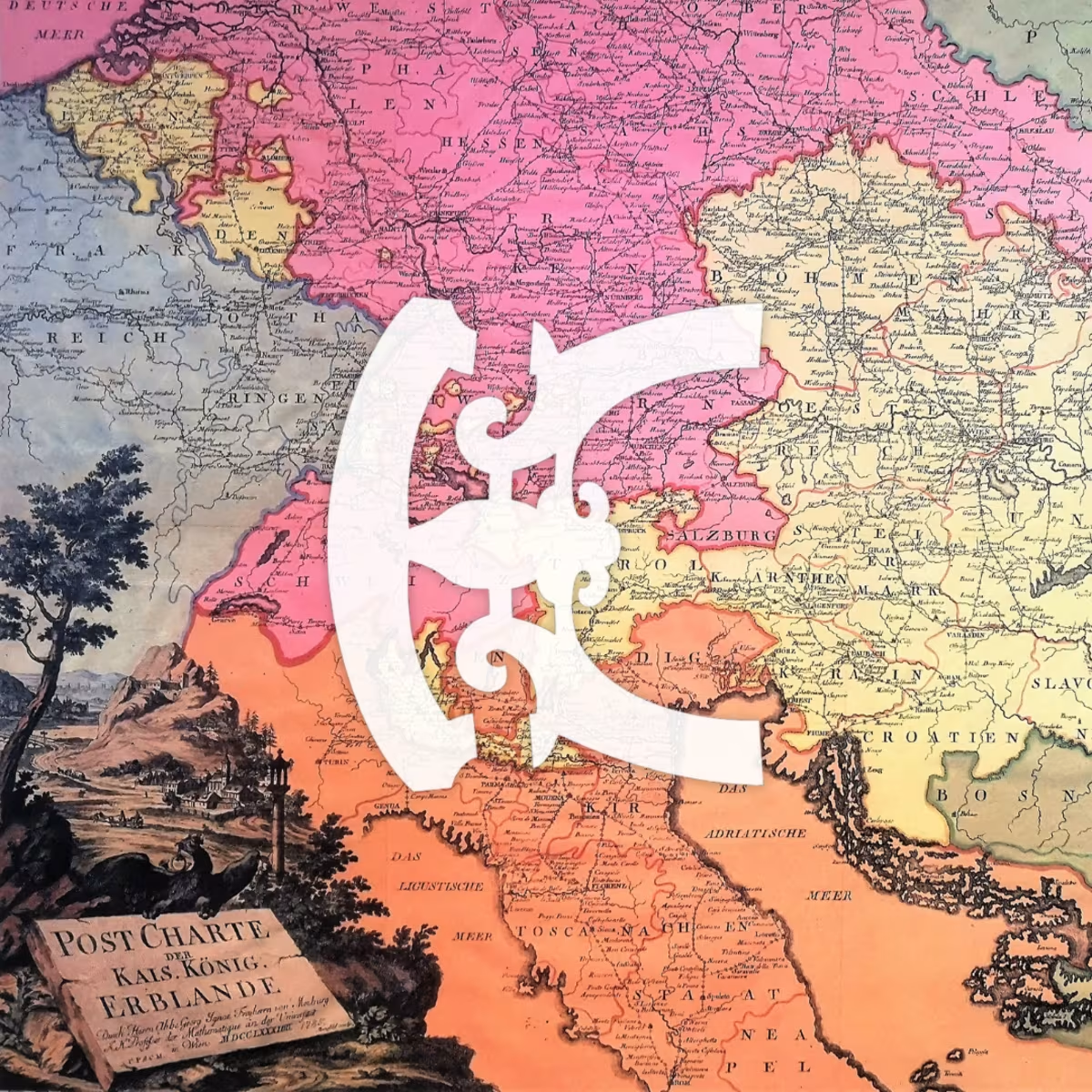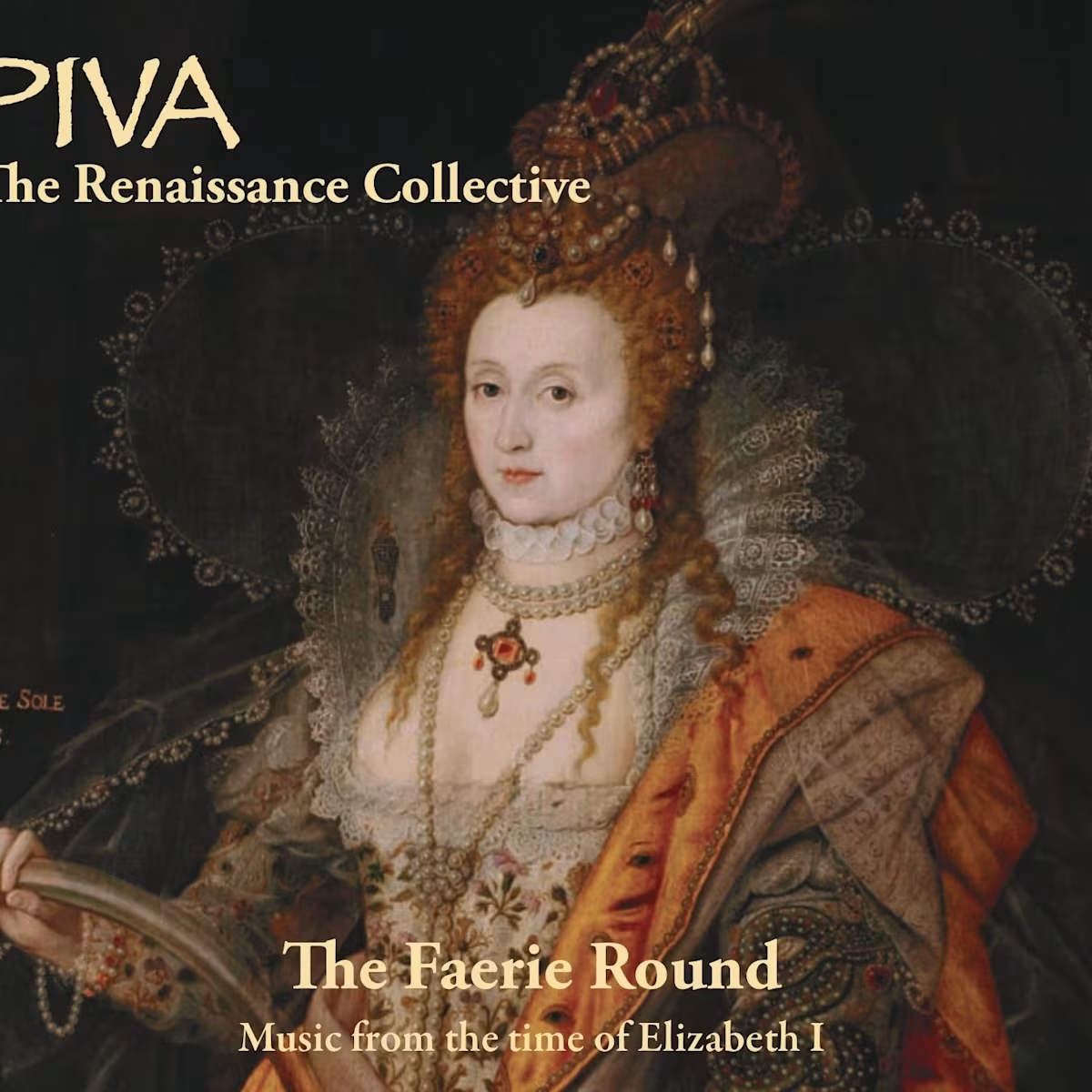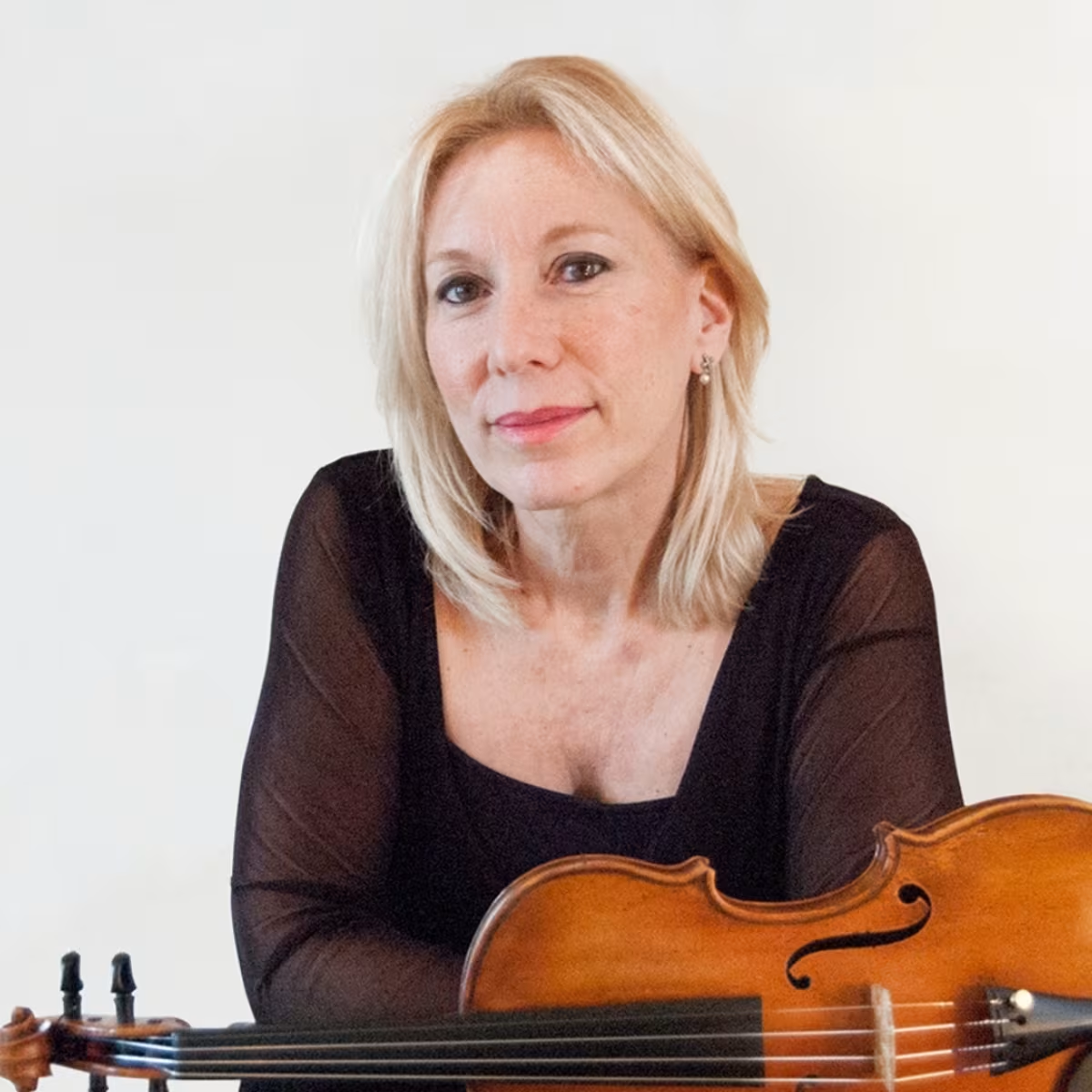Spotlight
In conversation: George Ross
Continuo Connect meets the cellist of the Consone Quartet
Share this

FIRST PUBLISHED 13 OCT 2024
George Ross is a British cellist and founder member of the Consone Quartet, the first period-instrument string quartet to be selected as BBC New Generation Artists. The Quartet enjoys performing in major venues across the UK as well as further afield in Europe and in North and South America. They are currently recording a complete cycle of Mendelssohn quartets for Linn Records including his sister Fanny’s only quartet. Recently, at the English Haydn Festival, George performed Schumann’s and CPE Bach’s Cello Concertos, and with his father, Alastair, has just released a new album, ‘Father & Son’ featuring the Six Sonatas, op.5 by Francesco Geminiani for the Deux-Elles label.
What is your idea of perfect happiness?
For me it’s being in nature. Perhaps a wooden house, carved into a hillside. Great views from it but also when looking at it.
What non-musical hobbies or interests do you have?
A big one is cycling, which I love as a way of exploring the outdoors while getting some exercise. It’s also an ingenious mode of transport. I would probably go everywhere by bike if it weren’t for having to carry a cello.
What is your earliest musical memory?
I remember performing the little drummer boy, playing the drum, as part of my parents’ children’s choir when I was about three or four. It’s not something I would easily forget.
What’s so special about HIP/early music performances?
I find that thoughtful and exciting HIP performances can really bring great music to life in new and evocative ways. Expressive and nuanced playing are qualities that come to mind, as well as keeping things fresh on stage. Early music has always been about questioning our approach to music of the past and I hope there’s no end to this exploration.
Do you have a lucky charm or ritual that you follow before important concerts?
In the past I would always eat a banana half an hour before going on stage. I’m not so religious about doing it any more but I’m still convinced it helps. I absolutely love coffee but I avoid it in the hours leading up to a concert. The caffeine and adrenaline don’t mix well with me.
Can you describe the feeling of truly understanding a complex piece of music?
It can be really satisfying when you think you’re close. The trouble is you’ll have it all whizzing round your head for days and weeks while your brain tries to figure out various bits. Maybe that’s not such a bad thing.
As a member of the Consone Quartet, what do you enjoy most about your role, and how do you overcome any challenges?
My friend Alex Rolton said it perfectly the other day when I apologised for giving him the second cello part for our sextet project, with no tunes. He said, “NO, not at all, this is my favourite thing to do! I think I’m a secret double bassist.” The cello in a string quartet is an anchor for the others but, as with each voice in a quartet, is equally expressive, with opportunities for affecting and dialoguing with the other parts.

You recently collaborated with your father, harpsichordist Alastair Ross, on an album titled 'Father and Son' featuring Geminiani’s 6 Cello Sonatas. Could you share a special moment from this experience?
There were too many of these moments, honestly. I mentioned this idea to my dad during lockdown and his initial reaction was, “Oh, you’ll want to do that with some young harpsichordist”, completely missing the point that I wanted to make a recording with him! It’s pretty special already, performing as a duo, because of the intimacy and the flexibility you can generate. But creating that with a family member, one as accomplished as my dad, is second to none. He’s the most humble musician I know, even having performed with all of the top early music groups (and more) in the UK over the past fifty years. The recording process adds another layer of pressure and I think we were demanding of each other in the process. I hope some of the family fire comes across in our album recording.

Who is your favourite composer, and why?
It’s an impossible question, but I think I will keep coming back to Schumann, for his Cello Concerto and the fabulous pieces we steal from the horn, the Adagio and Allegro, and from the clarinet, the Fantasiestücke, but also his Fünf Stücke im Volkston which was actually written for the cello.
Would you like to put the spotlight on a teacher, a mentor or an ensemble that has had a significant influence on your journey so far, and why?
With the Quartet we received some pretty life-changing coaching as part of Chamber Studio, which consisted of multiple masterclass sessions with one mentor during a focused period. The coaches we worked with were James Boyd, Alasdair Beatson and Richard Lester, all incredibly fine and thoughtful chamber musicians whose ideas we often reference during rehearsals, all for different, inspiring reasons.
A performance by the Consone Quartet of Robert Schumann's String Quartet in A Minor, Op.41 No.1 - III Adagio, part of their original 'Barnstorming!' project.
Share this
Keep reading

Playlist: Mozart’s Travels
In celebration of Mozart's 270th birthday on 27th January, we trace his travels across Europe throughout his life.

The Faerie Round: Music from the time of Elizabeth I
PIVA – The Renaissance Collective’s third album features dance and ballad music from late Elizabethan England.

Beethoven revisited
Violinist Jacqueline Ross reflects on her evolving relationship with the composer’s violin sonatas, and her research-led project, ‘Beethoven Revisited’.





